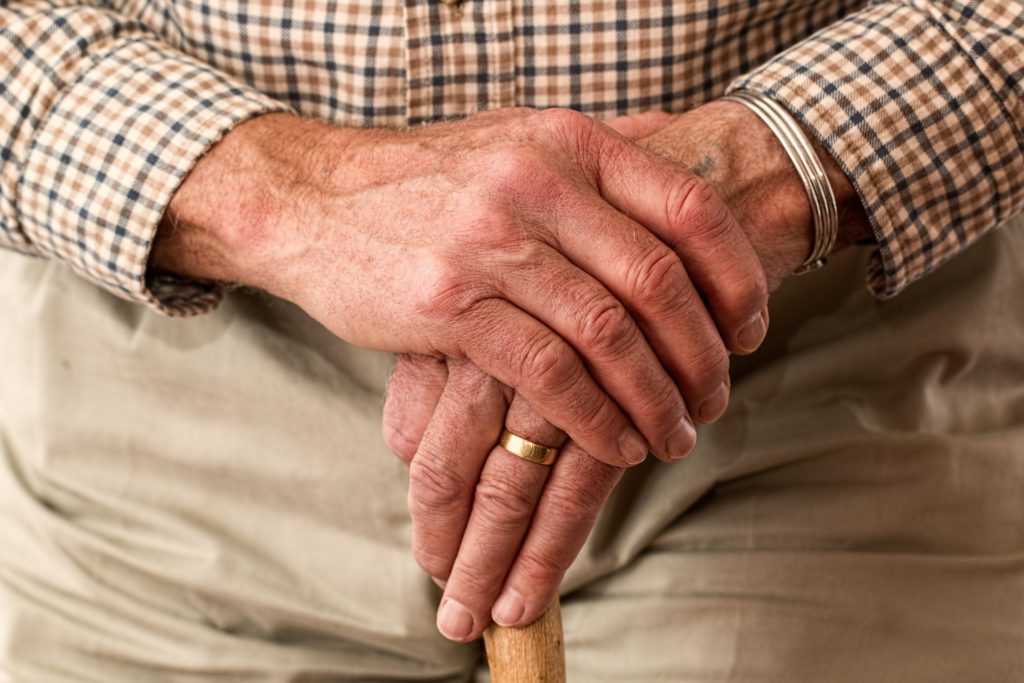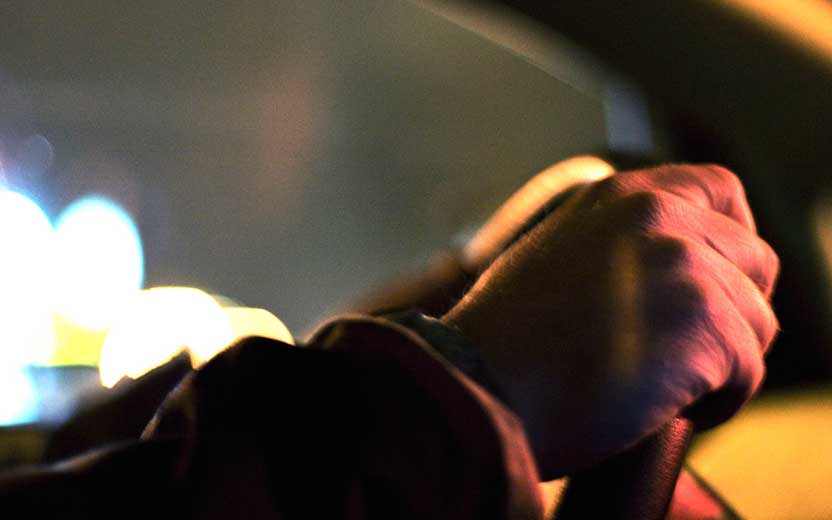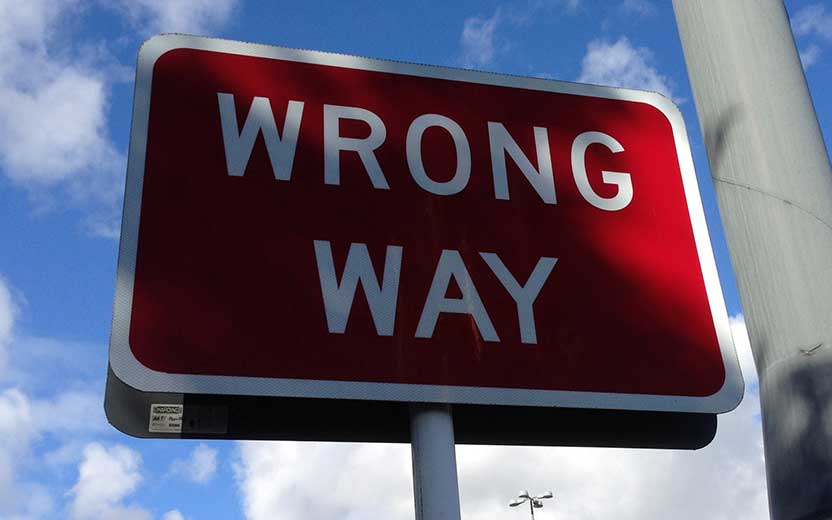By Marcus Fernandez
When a family member needs the services available in a nursing home, Florida offers 683 licensed facilities with more than 83,000 beds from which to choose. It costs almost $95,000 each year for a private room in a nursing home, but the high cost of care in a nursing home provides peace of mind until a call notifies you of your loved one being seriously injured or killed in a slip and fall. While it is true that an accident may happen through no fault on the part of the nursing home staff or management, inadequate maintenance and lack of patient supervision caused by understaffing as reported in the media may cause falls for which the nursing home can be held liable.
Older adults and nursing home falls
According to the Florida Department of Health, older adults 65 years of age and older were the victims of 88 percent of all fatal falls in the state with 2,445 of them losing their lives in a single year. They also account for more than 200,000 injuries from falls requiring a visit to hospital emergency departments throughout the state.
The health department report found 24 percent of fall-related deaths individuals older than 65 to be attributed to accidents in nursing homes. People with family members residing in long-term care facilities need to be vigilant about injuries to their loved ones and find out how they occurred.
Common slip-and-fall injuries in nursing homes
An injury caused by a slip and fall in a nursing home can have dire consequences for an elderly resident. Some of the common physical injuries suffered in nursing home falls include:
- Hip fractures
- Traumatic brain injuries and concussions
- Injuries to the head and face
- Fractures to bones in the upper and lower extremities
- Neck and spinal column fractures
- Bruises and lacerations
- Sprains and strains
There may also be psychological and emotional harm as a consequence of a slip-and-fall injury to a nursing home resident, including an ongoing fear of experiencing another fall causing them to refrain from moving about and engaging in normal activities. Victims who experience disability as a result of a fall could lose whatever independence they previously had and be unable to enjoy the same quality of life as they had before the injury by isolating themselves from other people and activities.
Psychological Impact of Nursing Home Slip and Fall Injuries
Slip and fall incidents in nursing homes can cause significant psychological harm to residents. Beyond the physical injuries, the emotional trauma can be profound. Some common mental illnesses that may be incurred by those who have experienced a slip and fall are:
Emotional Trauma and Anxiety: Many elderly residents develop a persistent fear of falling again, leading to heightened anxiety. This fear can become debilitating, causing residents to avoid walking or moving about independently, which can further diminish their confidence and sense of security.
Depression and Social Isolation: The psychological impact of a fall often extends to feelings of depression and social isolation. Residents who have experienced a fall may withdraw from social activities and interactions due to fear or embarrassment. This withdrawal can lead to a sense of loneliness and isolation, exacerbating feelings of depression. The loss of independence and the inability to participate in previously enjoyed activities can further contribute to a decline in mental health.
Loss of Independence: One of the most devastating psychological effects of a slip and fall injury is the potential loss of independence. Elderly residents who suffer significant injuries may find themselves reliant on others for daily tasks and mobility, which can be a severe blow to their self-esteem and dignity. This dependence can create feelings of frustration, helplessness, and a diminished sense of self-worth.
Impact on Quality of Life: The overall quality of life for nursing home residents who have experienced a fall can be significantly compromised. The fear of falling again can lead to a reduction in physical activity, which is essential for maintaining overall health and well-being. Reduced mobility can result in a decline in physical health, which, coupled with the psychological impact, can create a vicious cycle of deterioration in both mental and physical health.
Causes of falls in nursing homes
Age, medications, and existing physical disabilities and impairments make nursing home residents particularly susceptible to a slip-and-fall accident. Some of the common risks associated with a slip and fall for which a nursing home could be held liable when a resident suffers an injury or dies include:
- Substances, debris and other materials spilling or dropping onto the floor and not being cleaned or removed by staff members.
- Missing or loose handrails in shower, bath and other wet areas where residents must walk.
- Loose or worn carpeting and rugs.
- Damaged, broken and missing floor tiles.
- Highly polished floor surfaces.
- Uneven floor surfaces that create a tripping hazard
- Maintenance and housekeeping equipment left unattended in pathways used by residents to move about the facility.
The risk of a slip and fall at a nursing home increases with the use of medications that cause a person to be unsteady while walking or to have problems with maintaining balance. When staff members fail to provide adequate supervision for patients whose impairments make them susceptible to slipping and falling, the facility could be held liable to pay compensation when injuries occur.
What to do when a slip and fall injury occurs at a nursing home
If a loved one has been injured in a slip-and-fall accident, report it immediately to the nursing home administrators and contact a Tampa personal injury attorney for legal advice and guidance. The attorney can advise you about how to proceed and possible defenses the nursing home could assert.
Holding a nursing home responsible for injuries suffered by a resident in a slip-and-fall accident due to a substance on the floor creating a hazardous condition, such as water, food, beverages, and debris, is a premises liability claim. A nursing home could raise the defense of a lack of knowledge of the existence of the condition to avoid liability, but knowledge may be proven through constructive knowledge when the evidence does not support actual knowledge of the condition.
Nursing Home Negligence in Slip & Fall Cases
According to Florida Statute §400.141(i), nursing homes are required to ensure the safety and well-being of their residents. This responsibility is particularly crucial when it comes to preventing slip and fall incidents, which can lead to serious injuries, including fractures and head trauma. These accidents not only impact the quality of life for elderly individuals but also open the facility to potential legal liability for negligence if proper precautions are not taken. Implementing effective slip and fall prevention strategies is essential for creating a safe environment. Here are some key measures:
1. Environmental Modifications
- Adequate Lighting: Ensure all areas, including hallways, staircases, and bathrooms, are well-lit to help residents see clearly and avoid obstacles.
- Non-Slip Flooring: Use non-slip mats and flooring materials in areas prone to wetness, such as bathrooms and kitchens.
- Clear Pathways: Keep walkways clear of clutter, loose rugs, and electrical cords to minimize tripping hazards.
2. Assistive Devices and Support
- Handrails and Grab Bars: Install handrails in hallways and grab bars in bathrooms to provide residents with stable support while walking or transitioning.
- Mobility Aids: Provide walkers, canes, and wheelchairs as needed and ensure they are properly maintained and suited to each resident’s needs.
3. Resident Health and Education
- Regular Exercise: Encourage residents to participate in regular exercise programs that focus on strength, balance, and coordination to reduce the risk of falls.
- Medication Review: Regularly review medications with healthcare providers to identify any that may cause dizziness or balance issues.
- Fall Risk Assessment: Conduct routine assessments to identify residents at higher risk of falling and tailor prevention strategies to their specific needs.
4. Staff Training and Awareness
- Ongoing Training: Provide ongoing training for staff on the best practices for preventing falls, including how to assist residents safely and how to use assistive devices correctly.
- Emergency Preparedness: Ensure staff know how to respond to falls quickly and effectively to minimize harm and ensure prompt medical attention.
Failing to implement these preventative measures not only compromises resident safety but may also expose the nursing home to legal liability for negligence. If a nursing home neglects these responsibilities and a resident is injured as a result, the facility could face lawsuits and significant financial and reputational consequences.
When is a nursing home considered negligent?
Florida negligence law, §768.0755 Fla. Sta., holds someone liable in a slip-and-fall accident for having constructive knowledge when the condition existed long enough that the staff of the nursing home to have been aware of it and taken steps to clean or eliminate it. Other theories of liability an attorney might pursue include a lack of proper supervision by staff members over the resident, failure to monitor medications effects on a resident, and the failure of a nursing home to maintain the facility to avoid or remove dangers to the residents. Contact our team or a Tampa personal injury attorney to provide answers to your questions and concerns about your loved ones slip and fall in a Florida nursing home.


